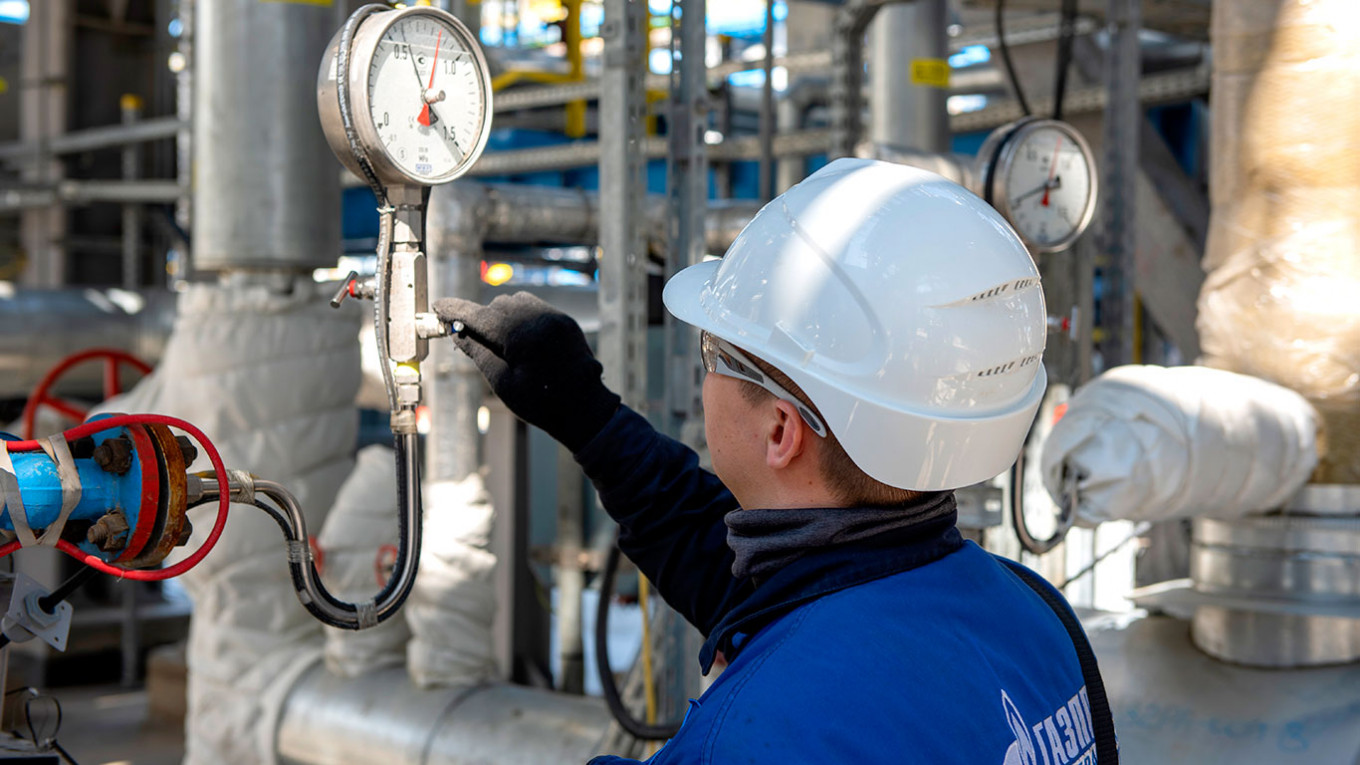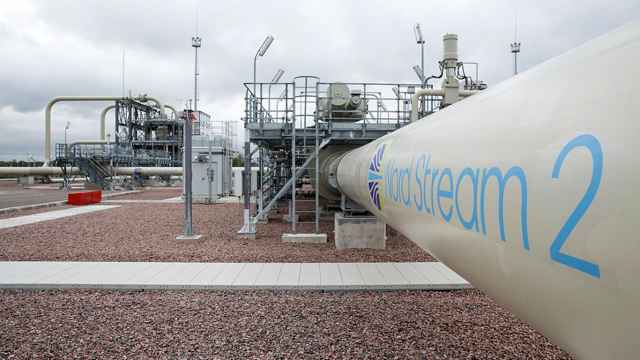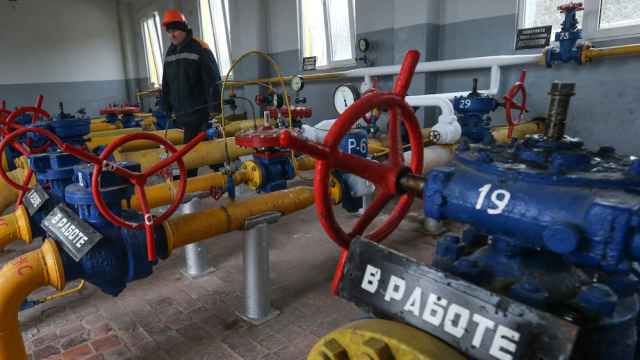Gazprom has rejected the opportunity to maximise gas sales to Europe for the second month running, with the Russian gas giant booking only a small share of available additional pipeline capacity for November.
The company did not book any additional capacity on pipelines running through Ukraine to the EU for the month, and ordered just a third — 31 million cubic meters per day — of the space on the Yamal pipeline running through Belarus and Poland.
The decision caused gas prices in Europe to fluctuate in trading Tuesday and Wednesday. Spot prices for natural gas in Europe are trading near record highs amid concerns over low storage, a possible cold winter, and weak performance of renewable sources over the summer.
Russia has been blamed for holding back on supplies and seeking to use the situation to secure fast track approval for its controversial Nord Stream 2 pipeline. Russian President Vladimir Putin said Russia is ready to provide more gas to the continent. Gazprom says supplies to the EU are running near record volumes over the course of the year and that it was prioritizing refilling Russia’s own gas storage facilities ahead of the winter, resulting in a 30% increase in supply to the Russian market.
But with that process due to be completed by the end of October, the refusal to book additional capacity on pipelines to Europe for November looks set to prolong Europe’s gas price crisis and trigger fresh criticism of the Russian energy giant.
“This could signal that Gazprom will not increase exports to Europe,” said Mitch Jennings, senior analyst at Sova Capital.
European gas storage facilities are only 77% full — compared to 95% this time last year, analysts at Sova Capital highlighted in a research note Tuesday. Gazprom’s own data shows gas supplies to Europe dropped in October.
Gazprom had been booking up to 15 million cubic meters of additional capacity through Ukraine earlier this year, Reuters reported. But since the completion of Nord Stream 2, Moscow has been pushing European regulators to approve the pipeline, which it says could start sending gas under the Baltic Sea to Germany almost immediately.
Russia has said Europe is to blame for the gas crisis across the continent, pointing to the liberalization of the market in favor of short-term contracts, instead of the long-term multi-year deals Gazprom wants to strike with European customers.
Gazprom’s share price has soared amid rising prices for its main product, with the company trading up 60% over the last six months.
A Message from The Moscow Times:
Dear readers,
We are facing unprecedented challenges. Russia's Prosecutor General's Office has designated The Moscow Times as an "undesirable" organization, criminalizing our work and putting our staff at risk of prosecution. This follows our earlier unjust labeling as a "foreign agent."
These actions are direct attempts to silence independent journalism in Russia. The authorities claim our work "discredits the decisions of the Russian leadership." We see things differently: we strive to provide accurate, unbiased reporting on Russia.
We, the journalists of The Moscow Times, refuse to be silenced. But to continue our work, we need your help.
Your support, no matter how small, makes a world of difference. If you can, please support us monthly starting from just $2. It's quick to set up, and every contribution makes a significant impact.
By supporting The Moscow Times, you're defending open, independent journalism in the face of repression. Thank you for standing with us.
Remind me later.






